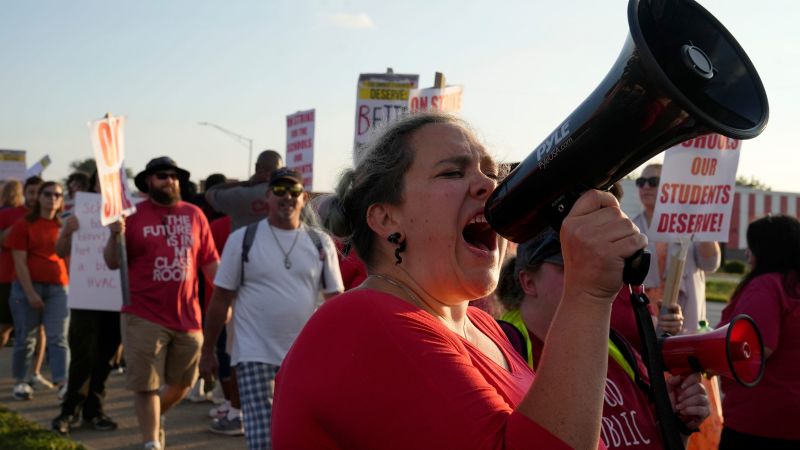A Dad Took Naked Photos of His Toddler for the Doctor, Google Flagged Him as a Criminal - NY Times
He lost his accounts, phone number and more and was reported to the police who opened an investigation.
The police found no wrongdoing. Google does not agree and will not reinstate his accounts.
AI's are watching you and everything you do. And something as simple as a doctor asking for pictures to diagnose a condition on a virtual appointment could be flagged. Two of which cases are mentioned in this article.
Google stands by their Zero Tolerance policy and any such pictures on your Google Device / Cloud / Sent through their platforms is a "server violation of their terms and conditions" whether the nation of the content was innocent or not. So far any attempts to appeal the suspension of accounts has resulted in the appeals being denied with no explanation given.
He lost his accounts, phone number and more and was reported to the police who opened an investigation.
The police found no wrongdoing. Google does not agree and will not reinstate his accounts.
AI's are watching you and everything you do. And something as simple as a doctor asking for pictures to diagnose a condition on a virtual appointment could be flagged. Two of which cases are mentioned in this article.
Google stands by their Zero Tolerance policy and any such pictures on your Google Device / Cloud / Sent through their platforms is a "server violation of their terms and conditions" whether the nation of the content was innocent or not. So far any attempts to appeal the suspension of accounts has resulted in the appeals being denied with no explanation given.

